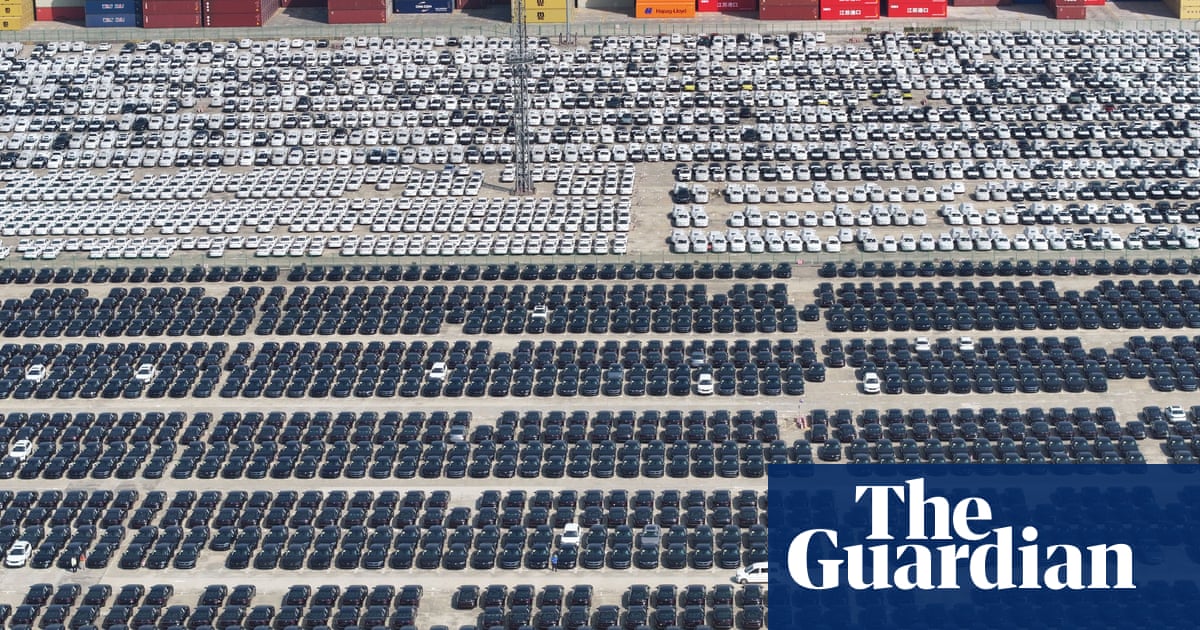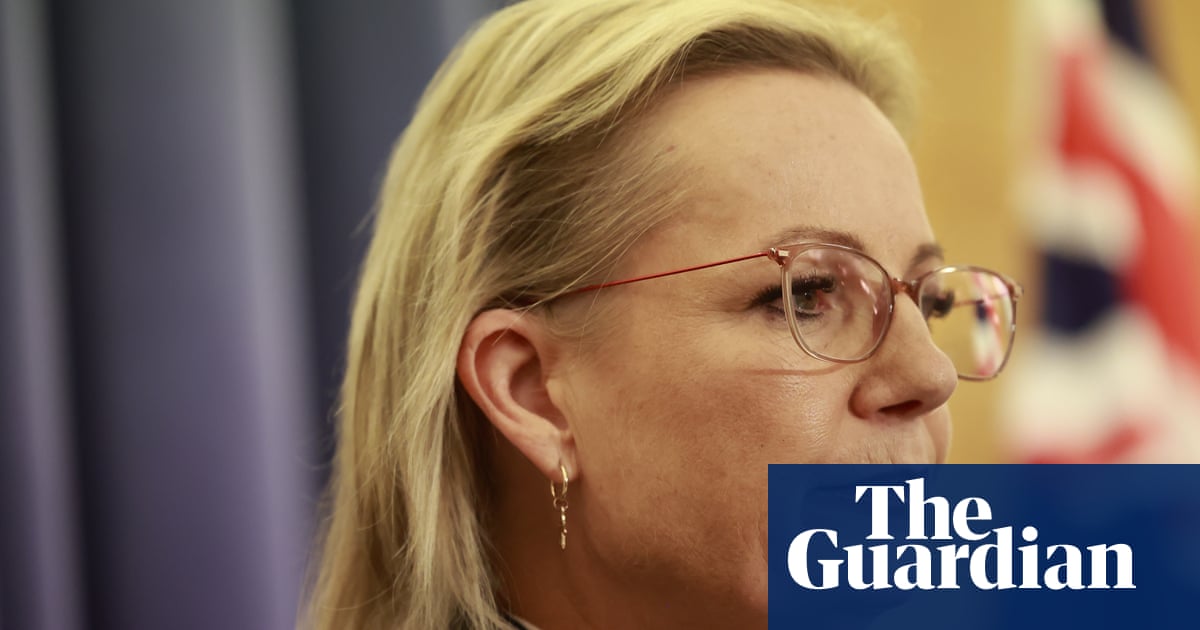A 90-day pause in the US-China tariff war has been cautiously welcomed in China but tensions remain high, with Xi Jinping again accusing the US of “bullying”.
After two days of talks between officials in Geneva over the weekend, China and the US agreed to substantially lower for the next 90 days the high tariffs each had imposed on the other in a tit-for-tat trade war.
Under the agreement, US duties on Chinese goods will be lowered from 145% to 30%, while China’s retaliatory tariffs on US imports will be lowered from 125% to 10%. China also removed a ban on airlines taking delivery of Boeing planes, Bloomberg reported on Tuesday.
Donald Trump hailed the talks as a “total reset” of the bilateral relationship but China’s responses made it clear that Beijing was still angry, and still blamed the US for wreaking economic chaos.
Meeting Latin American leaders in Beijing on Tuesday, Xi said there were “no winners in tariff wars or trade wars”.
“Bullying and hegemony will only lead to self-isolation,” he added, in reference to the US.
On Tuesday afternoon, China’s foreign ministry continued to condemn the “unreasonable” tariffs, urging the US to “stop smearing and shifting blame” for its fentanyl crisis on to China.
The imbalance of 10% and 30% under the agreement is because the US is keeping a 20% tariff linked to accusations that China turns a blind eye to exports of chemicals used to make fentanyl, which Beijing denies.
Chinese officials have repeatedly said Beijing opposes all tariffs and does not want to enter into a mutually destructive trade war but is willing to “fight to the end”.
An English-language editorial published across state media titles on Tuesday said the talks marked “a crucial step toward resolving differences”. It said China’s approach had been consistent and constructive, and it welcomed the US’s “willingness to engage in that process”.
“While we are glad to see the resumption of dialogue, we are also fully prepared for the long-term, complex and arduous nature of resolving differences between the two countries,” it said.
The tariff war has had an extraordinary impact on Chinese traders and manufacturers, with shipments grinding to a halt and an estimated 16m jobs at risk.
China now joins dozens of other countries in waiting to see if it can reach an agreement with the US not to restart crushing tariffs. On Monday, China’s commerce and finance ministries held discussions with foreign trade representatives about navigating the next three months and weathering the shocks of the tariffs.
Ms Bao, an assistant to the general manager of a Ningbo foreign trade company, said 30% of their export volume went to the US, and they were feeling cautiously optimistic about the 90-day pause.
“It’s hard to say what will happen after 90 days because we don’t know,” Bao told the Guardian. “There may be an increase in the volume of good shipping now because everyone may want to rush to ship the goods before [the end of the 90 days].”
The Chinese business media outlet Caixin reported that some companies had already shifted their focus away from the US to domestic or other Asian markets instead.
On Chinese social media, where discussion of the agreement received more than half a billion engagements, views were split.
Hu Xijin, a former editor of the nationalist Chinese tabloid the Global Times, described the agreement as a “great victory for China in upholding the principles of equality and mutual respect”.
One reader commenting on the Paper’s report said: “Persistence is victory!”
Others were more sarcastic about the “victory”. “Oh, did we win again?” said one person on Weibo. “The stock indexes react like we just lose.”
On Xiaohongshu, China’s Instagram, a user likened the pause to “changing the ventilator … on a dying patient”. “He can breathe, but he’s still far from being able to walk briskly,” they wrote.
Other commenters compared the US to the boy who cried wolf and hoped that it wouldn’t “break its promises again and again”. One said: “Economically speaking, this is sort of a ceasefire.”
Additional research by Lillian Yang and Jason Tzu Kuan Lu










